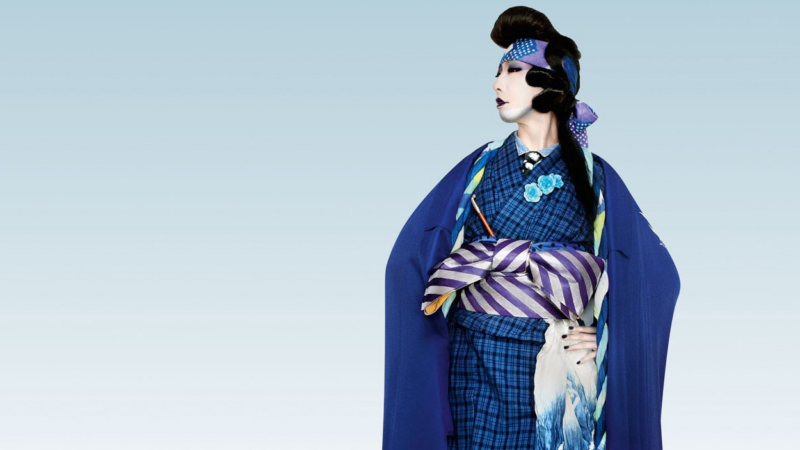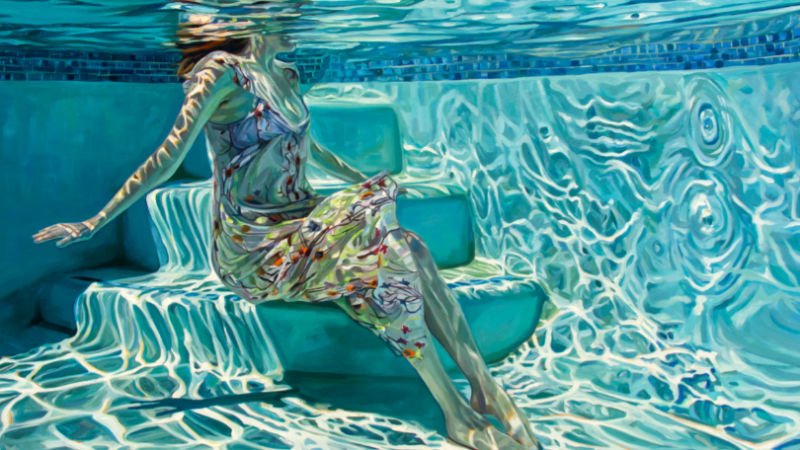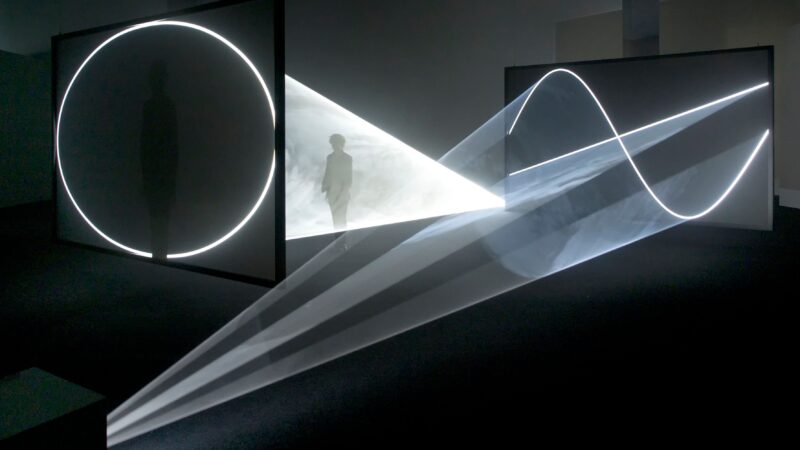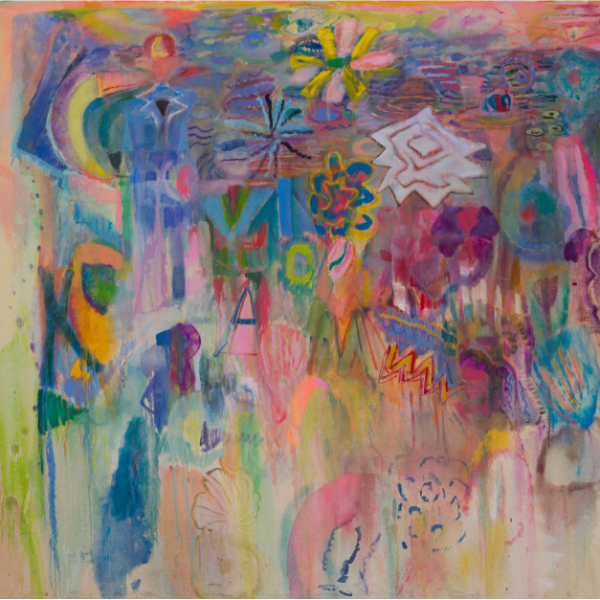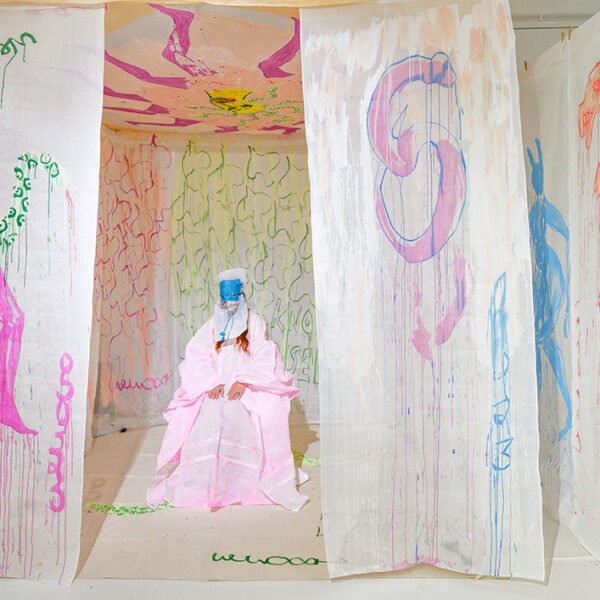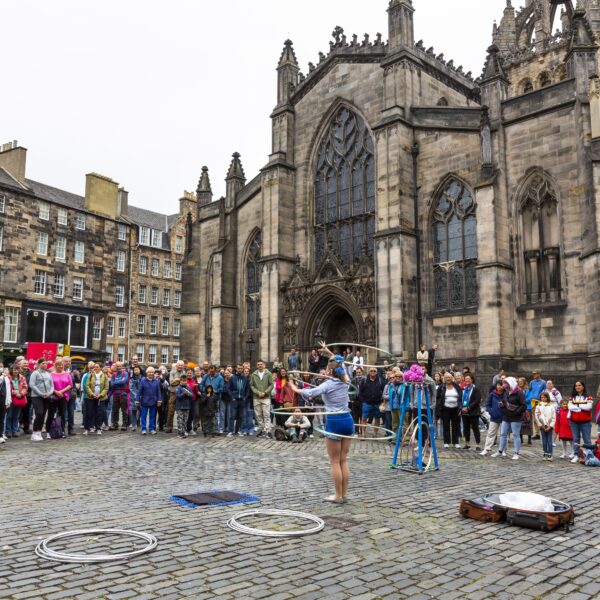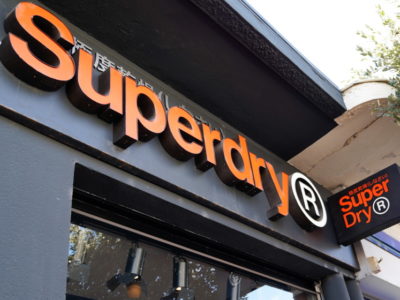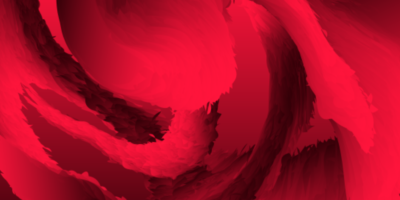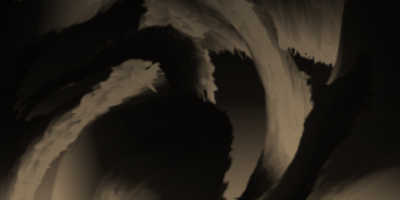Art Without Heroes: Mingei | William Morris Gallery
“Art Without Heroes: Mingei” stands as the UK’s most comprehensive exhibition dedicated to Mingei, the influential folk-craft movement originating in Japan during the 1920s and 1930s. Featuring an eclectic array of mediums ranging from ceramics and woodwork to paper, toys, textiles, photography, and film, the exhibition promises a captivating journey through unseen treasures sourced from notable private collections in both the UK and Japan, alongside museum loans and archival footage from the Mingei Film Archive.
Coined by Japanese philosopher and critic Yanagi Sōetsu (1889-1961), “Mingei” translates to ‘the art of the people’, attributing cultural significance and aesthetic purity to traditional craft objects, anonymous artisans, and a simpler lifestyle. Delving into Mingei as both a historical phenomenon and a guiding ethos with enduring relevance in today’s world of craft, manufacturing, and material culture, the exhibition examines its resonance across global contexts.
Echoing the ethos of the British Arts and Crafts movement, Mingei emerged as a response to rapid industrialization, drawing inspiration from the likes of William Morris while embodying a distinctly Japanese perspective influenced by Pure Land Buddhism. Shedding light on the contributions of Korean, Okinawan, and Ainu cultures to the Mingei movement, the exhibition illuminates the multicultural tapestry that underpins what is often perceived as a quintessentially Japanese aesthetic.
Structured into three distinct segments, the exhibition embarks on a chronological journey. It begins by exploring 19th-century craft objects that served as the wellspring of inspiration for the Mingei movement. Transitioning into the 20th century, the exhibition delves into the genesis and evolution of Mingei, spearheaded by figures like Yanagi, Japanese studio potter Hamada Shōji (1894-1978), and British studio potter Bernard Leach (1887-1979). Together, they championed Mingei’s ethos of ‘art without heroes’, celebrating true beauty and traditional craft skills as a counterpoint to industrialization.
In its final section, the exhibition contemplates modern interpretations of Mingei’s core principles in the 21st century. It showcases contemporary artists’ reimaginations of Mingei values, including Theaster Gates’ exploration of the spiritual and artistic dialogue between Black and Japanese craft traditions—a theme central to his artistic practice. Through this multifaceted exploration, “Art Without Heroes: Mingei” offers a nuanced understanding of Mingei’s enduring legacy and its resonance in contemporary artistic discourse.
The exhibition is now open at William Morris Gallery, Lloyd Park, Forest Road, Walthamstow, London E17 4PP, until September 22.


